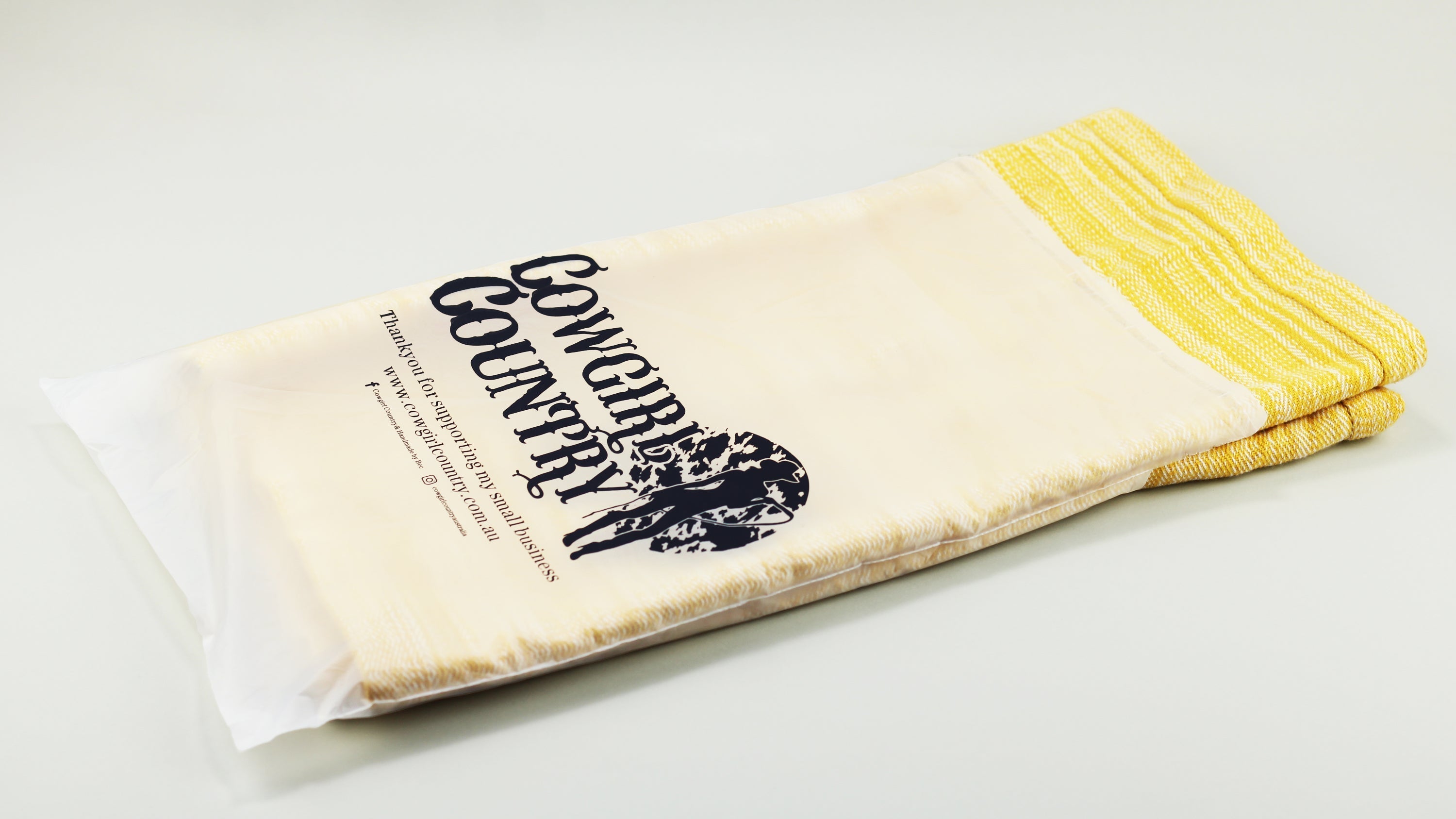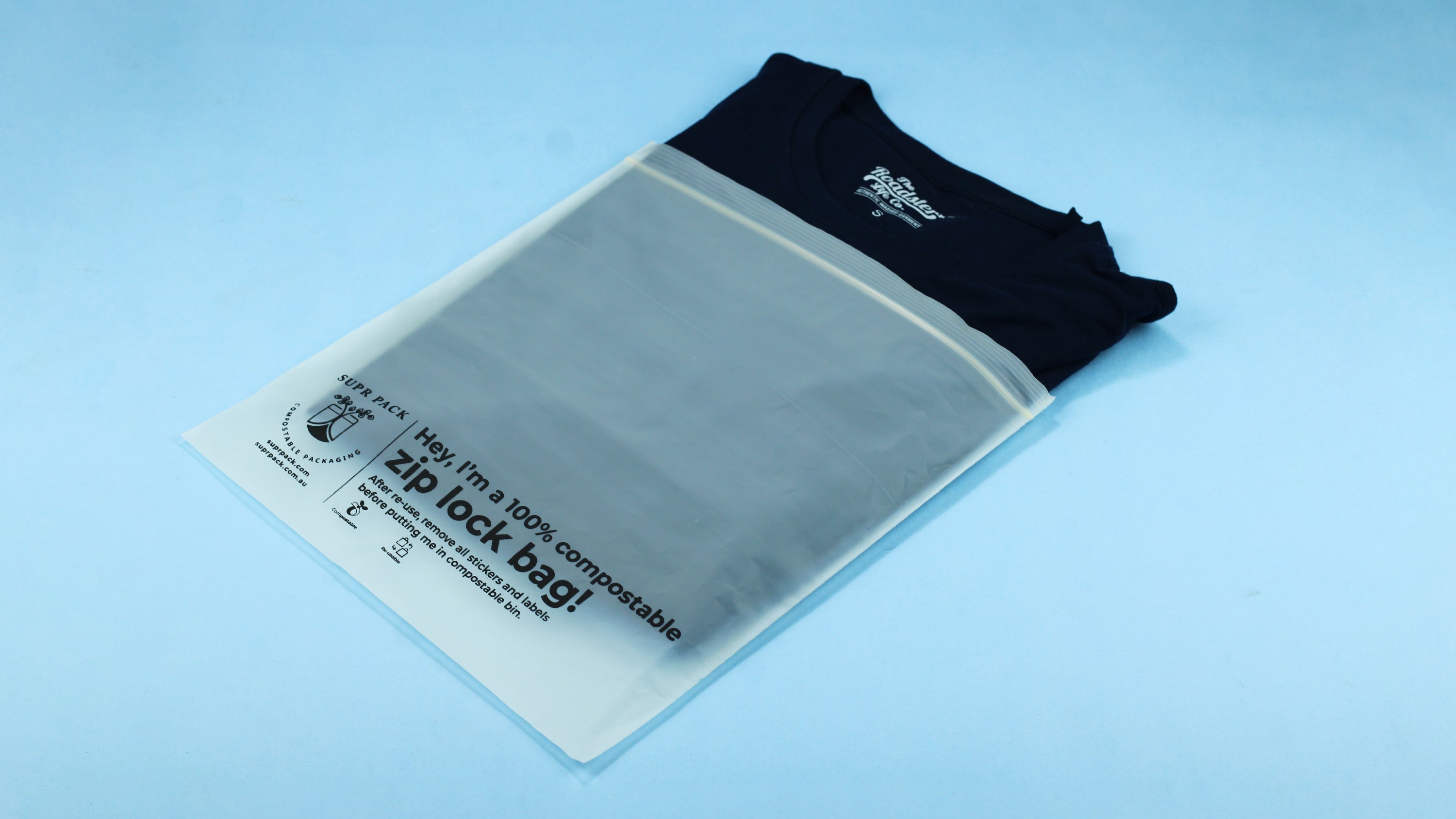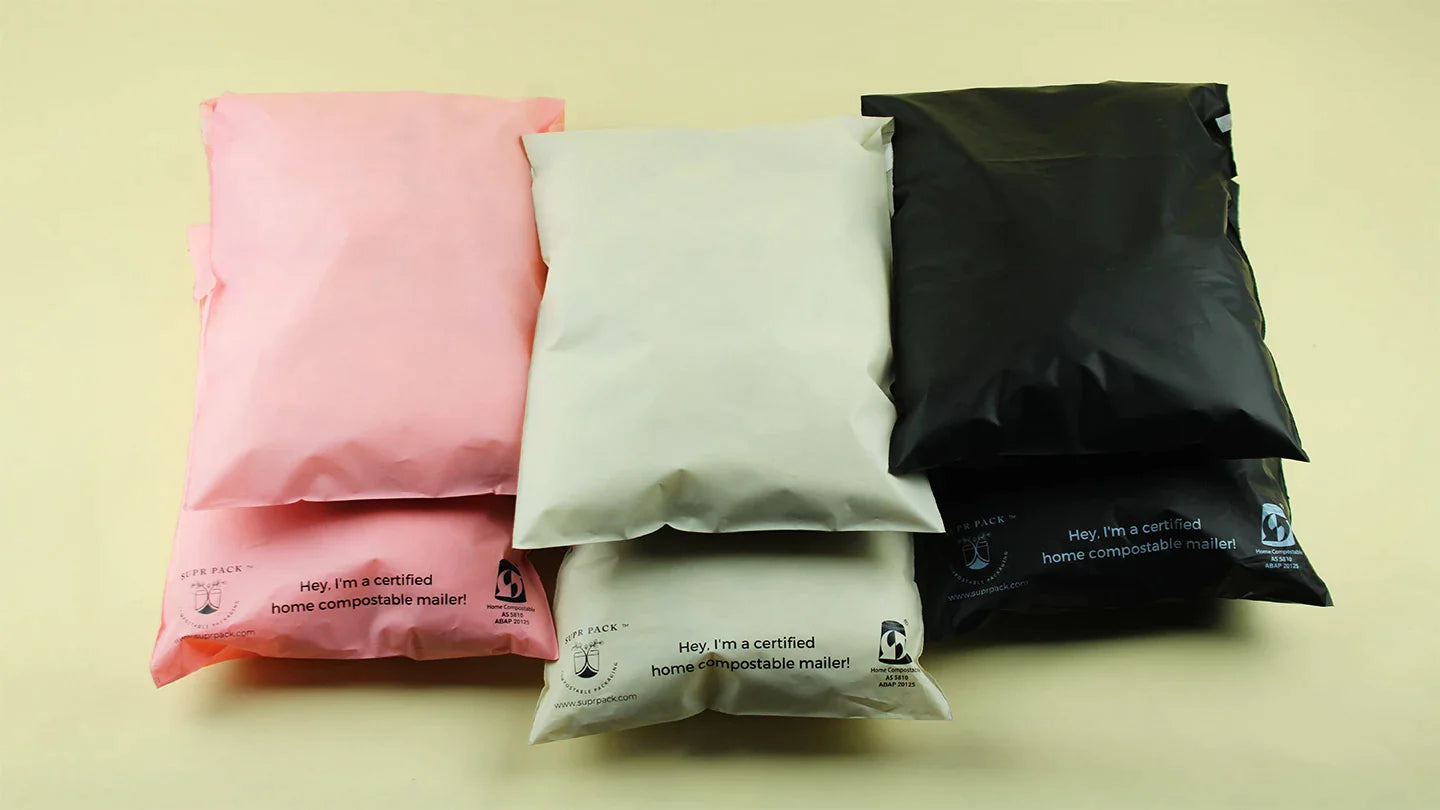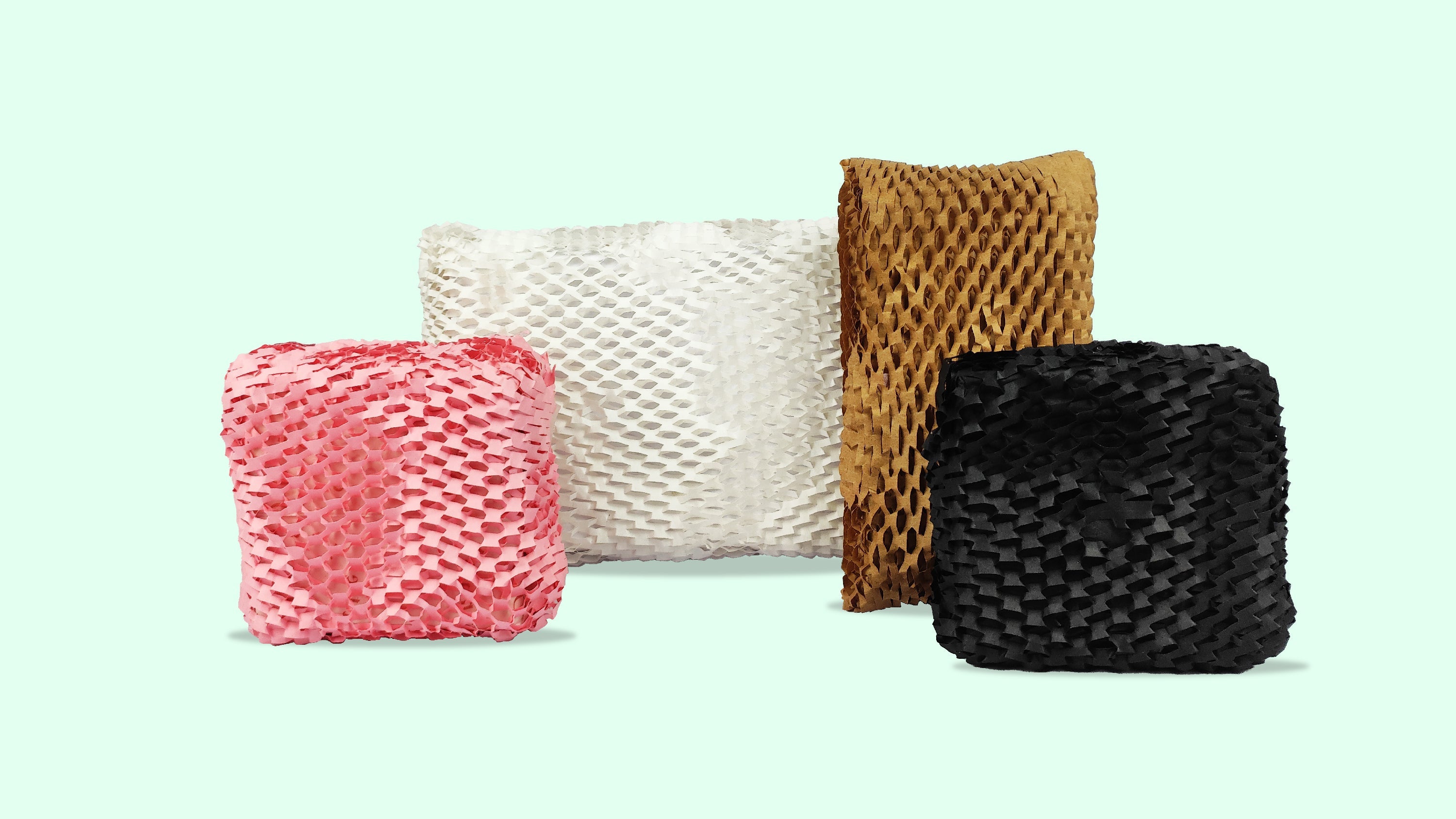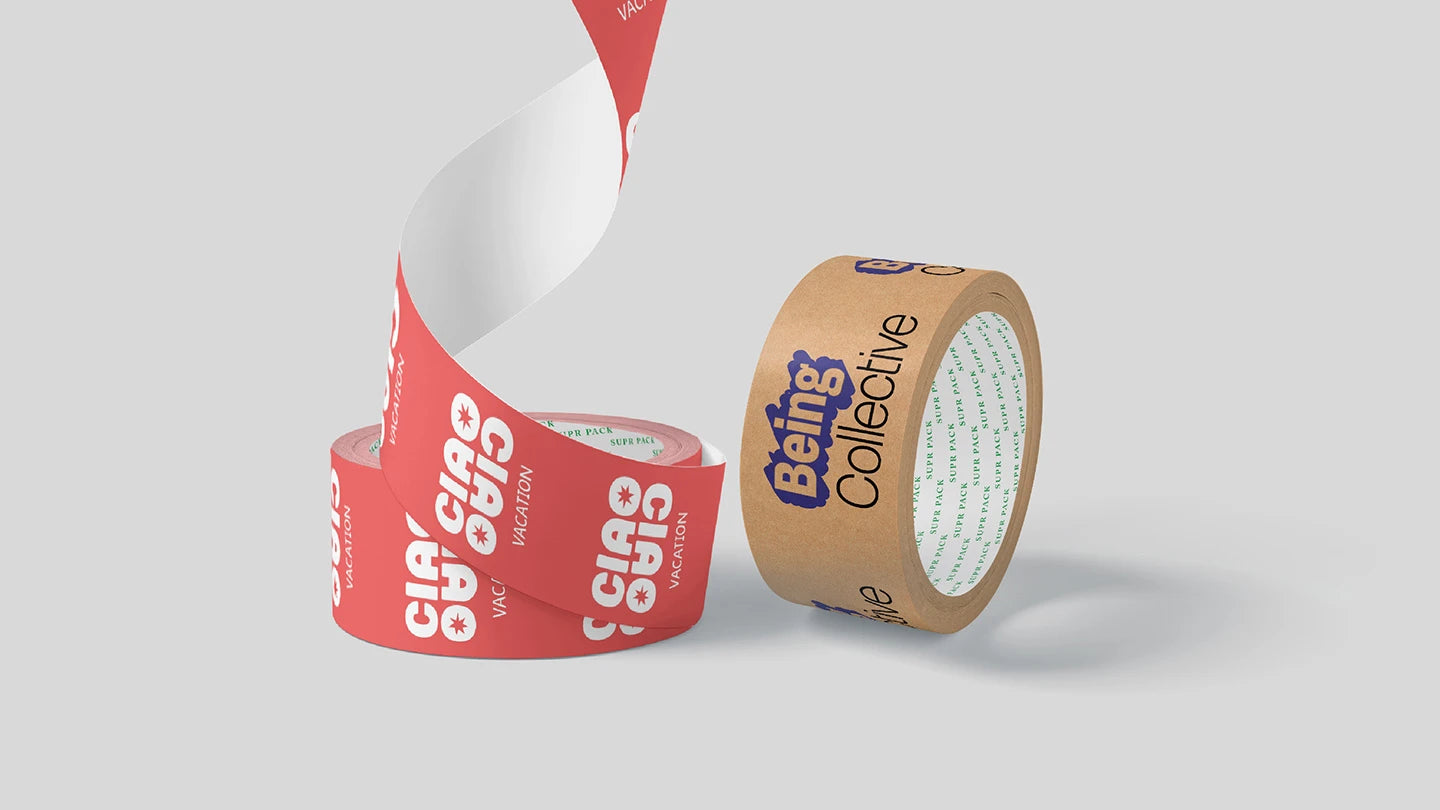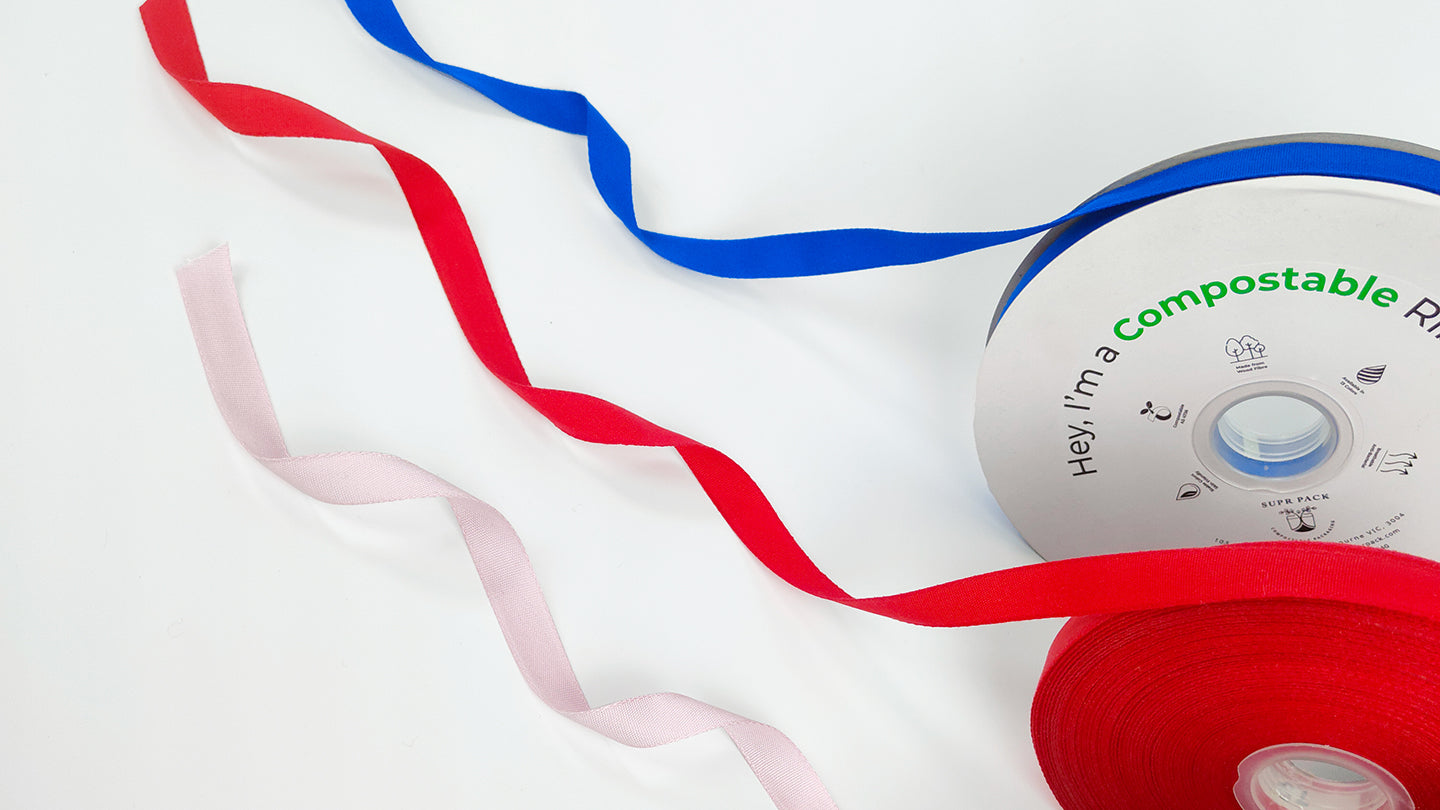HOW ARE CORN STARCH BAGS AN ENVIRONMENTALLY BENEFICIAL ALTERNATIVE TO PLASTIC BAGS?
Corn plastic has been around for 20 years. Still, it was too expensive for widespread commercial usage until 1989, when Patrick Gruber, a Cargill chemist exploring new ways to use Corn, devised a way to create it more effectively. He made his prototype PLA items on his home stove with his wife, a chemist. Producing a pound of PLA used to cost $200; now, it costs less than $1. You can search for the best custom printed poly mailer bags in Australia.
What is Corn Starch plastic?
Polylactic acid (PLA), a plastic replacement derived from fermented plant starch, makes corn plastic. It's quickly gaining traction as a viable alternative to regular plastic made from petroleum-based chemicals. The various applications of polylactic acid fossil fuel plastics could reduce the carbon footprint that fossil fuel plastics leave behind.
Corn starch plastic is a non-petroleum-based alternative to petroleum-based plastic. On the other hand, corn plastic is manufactured from corn starch polymers, a biodegradable and renewable resource. Although it resembles oil-based plastic, might corn plastic help us reduce our reliance on oil?
Corn starch plastic is becoming more popular due to a growing need for environmentally friendly products and compostable packaging. Many nations have outlawed the use of traditional petroleum-based plastic bags. Therefore, polylactic acid (PLA) is positioned to fill that gap as a viable and biodegradable alternative. Is this, however, the case?
Corn starch polymers provide the following advantages:
- Corn plastic packaging or things made of corn plastic will disintegrate in a high humidity composting environment with a temperature above 60° Celsius or 140° Fahrenheit in two months. As a result, it returns to the soil, where it originated.
- It's made from maize, a renewable resource that can be replanted.
- Why Bioplastics do not generate poisonous fumes when burned because they do not contain poisons.
- A 68 percent decrease in greenhouse gas emissions compared to traditional fossil fuel plastic manufacture, resulting in significantly lower greenhouse gas emissions.
- Corn starch plastic uses 65 percent less energy than traditional petroleum-based polymers to manufacture.
- PLA plastic is less expensive than traditional plastic because these are biodegradable shipping bags.
- Unlike petroleum, maize starch polymers do not risk exploding during the manufacturing process, making them far safer to deal with.
- Unlike petroleum, maize starch polymers do not risk exploding during the manufacturing process, making them far safer to deal with.



